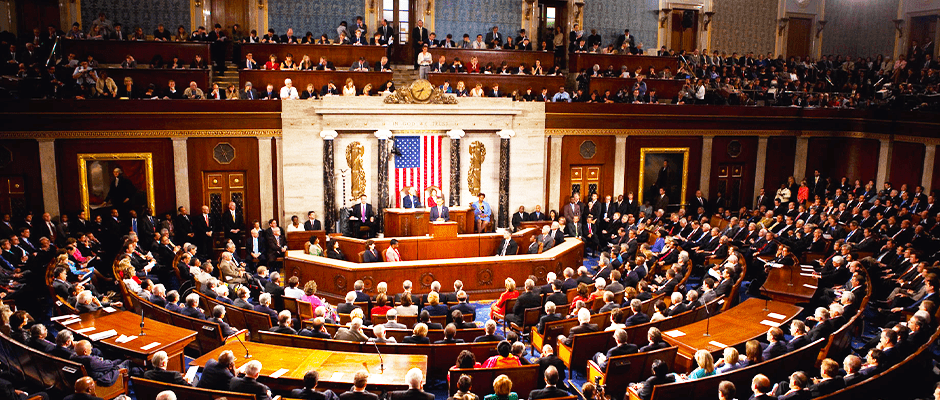Share this article
Two-Year Budget Deal Approved by Congress
The House and Senate both approved a two-year budget deal this week. The deal passed through the House with a vote of 266-167 on October 28 and the Senate 64-35 on October 30.
The deal raises the budget caps on federal discretionary spending by $80 billion between fiscal year 2016 and 2017. The increase in discretionary spending will be split between defense and non-defense spending. The increase is funded through the sale of 58 million barrels of oil from the Strategic Petroleum Reserve, cuts in mandatory spending for Social Security and Medicare, lowering the rate of return on federal crop insurance, and other smaller cost saving measures.
In addition to increasing spending caps for the next two years, the deal raises the debt limit through March 2017. The debt limit, or ceiling, is a cap on the amount of national debt the US Treasury can issue, set by Congress. Current levels of federal spending will max out that limit on November 3. Failure to approve the debt limit increase would have forced the US to default on its payments. Defaulting has many potential economic and diplomatic ramifications, and has never occurred in the history of the United States.
Impact on Conservation Funding
With a budget in place Congress is now moving forward to appropriate federal funds before December 11, when the federal government will shut down if appropriations are not complete. Appropriation bills that were previously approved by committee will likely form the framework of an omnibus spending bill for fiscal year 2016. TWS wrote about the appropriation bills that impact wildlife professionals earlier this year. It is possible that some departments and agencies will see an increase in their funding above what was initially allocated to them in appropriation bills due to the now approved increase in discretionary spending. The destination for these new funds will be the focus of many debates over the next few weeks.
Sources: E&E News, E&E Greenwire
Header Image: House of Representatives Floor. Image Credit: Official White House Photo by Lawrence Jackson








